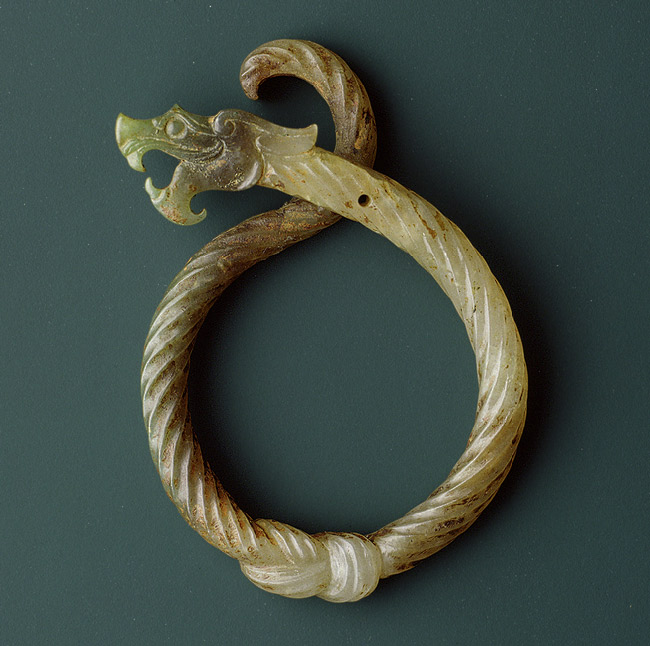Bao wrote:Interloper wrote:... to follow the art of tea ceremony as a way of life,...
If your whole life surrounds Tea ceremonies, well of course the Do have another meaning.... It means that you're nuts.
People are allowed to interprete meaning into words just in the same way as you do with arts. But that doesn't mean that the word had that original meaning or that there is any kind of truth in your personal interpretation. IMHO Do and Jutsu are synonyms only. The only difference in meaning is what you make of it. And IMHO, it would be ridiculous to interprete judo as more "Do" than Jujutsu just because of the name.
Lol. I suppose that following any discipline as a way of life makes a person a bit "different" from the crowd.

But I came up in Japanese martial arts, and my (Japanese) teachers were the ones who described "Do" as a way of living. It stems from the schools of Zen Buddhism and Taoism that came from China, and were absorbed into the Japanese culture. This is how it was explained to me: Choose a discipline. Make it your path in life. The "truth" of life and existence will come to you as you practice your Way. In other words, it's a way of "becoming one with the Tao." As soon as you think about it, it ceases to be the Tao. So you just do, live and become what you practice, and that reconciles you with Nature.
Judo founder Jigoro Kano originally saw judo as a discipline that would polish the "flower of Japanese young manhood" -- a nationalistic movement that exploited the concept of "Do" for a right-wing agenda. That he did this does not corrupt the original intent of "Do." Anyone can commandeer a term and exploit it for their own purpose. That does not mean that the original concept does not still stand in its own right.





